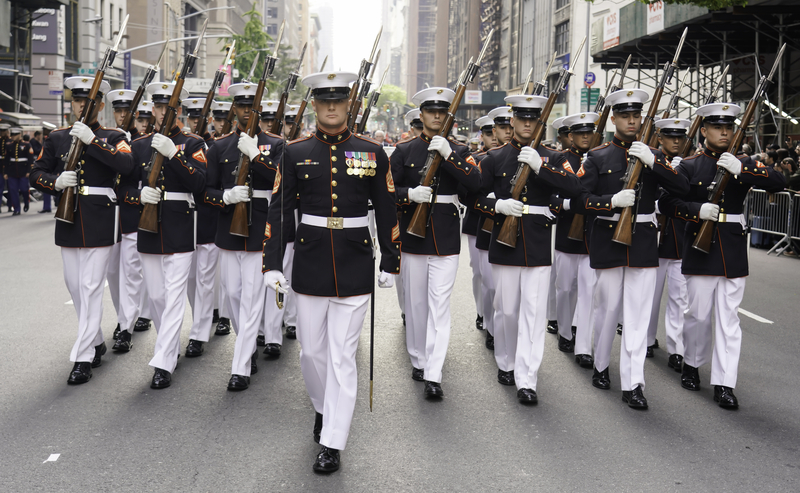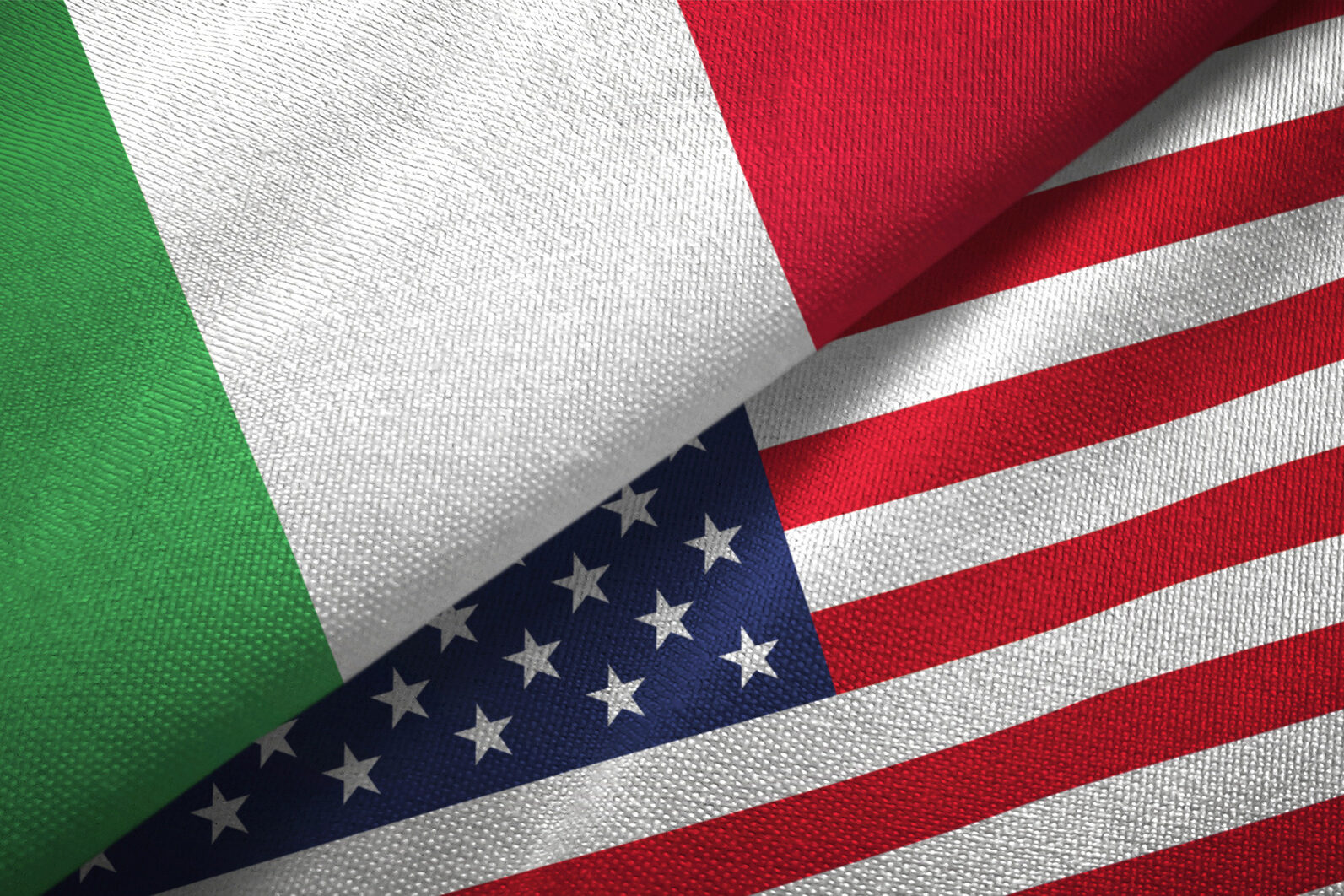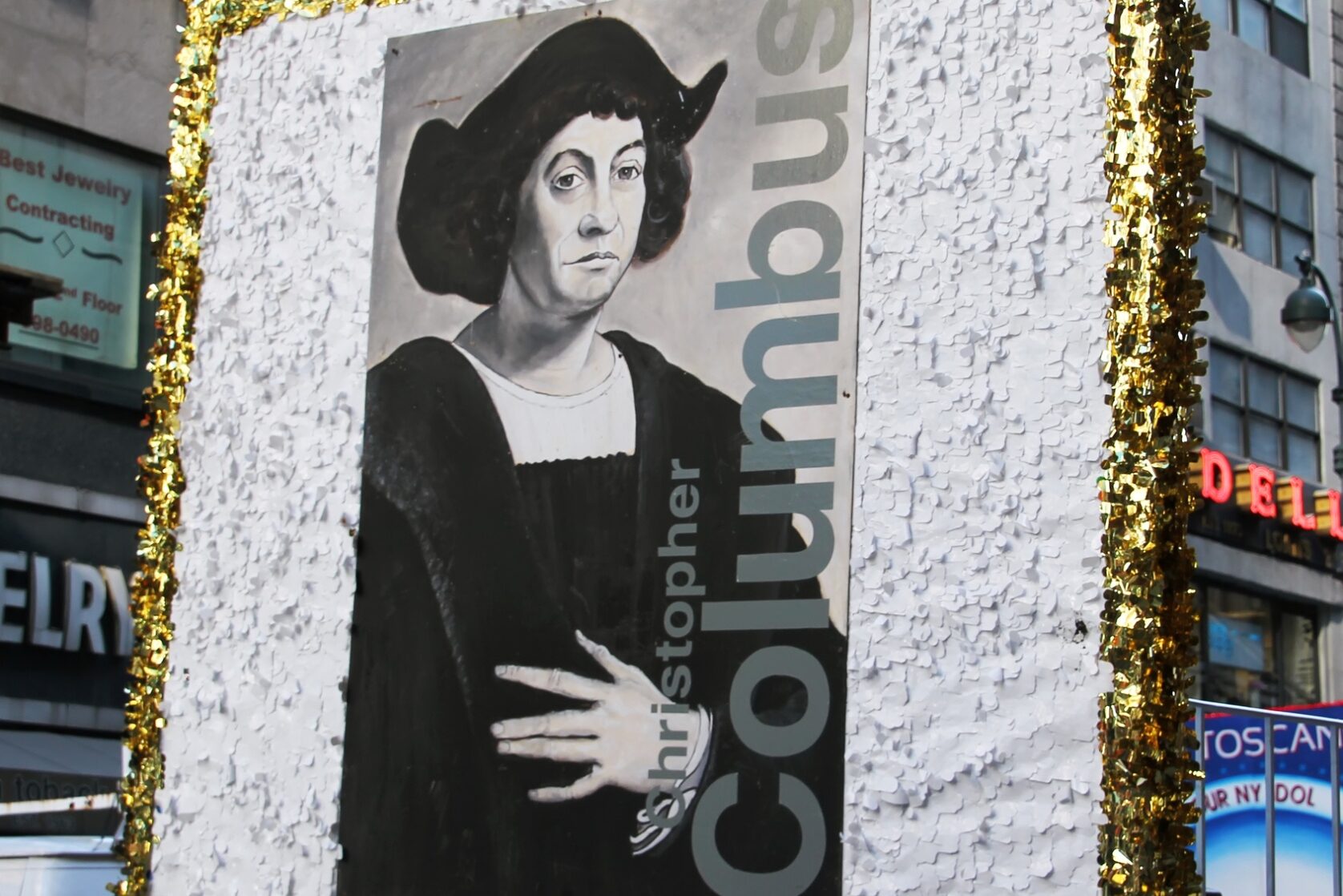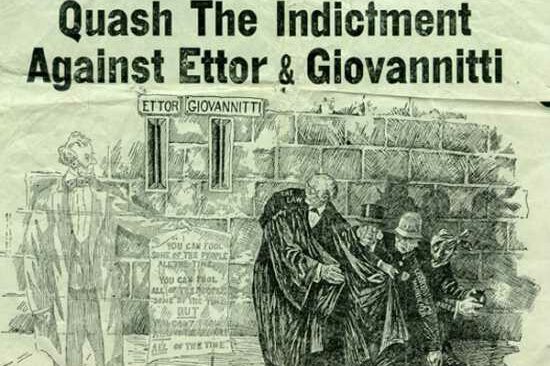Dear readers,
November 11th we celebrated Veterans Day, formerly called Armistice Day. Armistice: suspension of military hostilities between warring factions, usually a forerunner of peace, proclaimed by the governments or by the commanders-in-chief of the armies. World War I ended with the signing of the armistice between Germany and the Allies, together with the US on the 11th November 1918. On the 11th day of the 11th month in 1918, the armistice agreement was signed, and fighting on all battlefields ceased at 11 a.m. The guns of World War I fell silent after four long years and the “war to end all wars was finally over.”
To remind Americans of the tragedies of war, President Woodrow Wilson, in 1919, proclaimed November 11th Armistice Day, and for years schoolchildren stood at attention beside their desks, on the 11th hour of the 11th day of the 11th month, observing a minute of silence to honor those who had given their lives in World War I.
In 1938, Congress adopted a law making Armistice Day a federal holiday. By 1940, it became clear that World War I, the “war to end all wars,” didn’t, and President Roosevelt prepared the country for a war he felt was coming. Mario Avignone, my late pen pal and longtime “Fra Noi” columnist, remembers October 1940:
“How many of you remember the month and year? President Franklin Roosevelt and Congress announced that all males 18 years and older had to register for selective service. He announced on the radio that the world situation being what it was, and Germany taking over various European countries and some African countries with their strong military forces, things looked bad for Europe and the entire world. In October 1940, all males 18 and over had to register for the draft at various places in Roseland. My letter from the government instructed me to report at Pullman School to register for the draft. I remember the day. There was a long line of men standing in line in front of the school. One day shortly after, President Roosevelt picked out the number of the first group to be drafted. This was broadcast on all radio stations, and all of America stopped what they were doing to listen to the president.
I was given notice later to report to draft board 92 located at 10655 Michigan Avenue. The doctor examined me and put me in class 1B because I was underweight. I weighed 112 pounds. I was very disappointed with my status being rejected for military service. I had served two years in the CCC camps and was used to the military and barrack life. I wrote to the draft board volunteering my service to the armed forces. The draft board sent me to Dr. Rabazzi for another examination. He also rejected me for being underweight. Then on December 7, 1941, a date that I shall never forget, Japan bombed Pearl Harbor, thus causing Congress and President Roosevelt to declare war on Japan, Germany, and Italy. On January 15, 1942, a month after the bombing of Pearl Harbor, ten friends and I were in the Rose Bowl Casino Tavern discussing the war, and all decided to enlist in the service the next day. Nine of the fellows were accepted, but they rejected me again: underweight. I talked to one of the medical officers and asked: “How much do I have to wait to be accepted into the armed forces?” He looked at me and smiled. “You are underweight and no one wants you! You have to wait at least 120 pounds.” I was determined to help our country and asked the officer: “If I go downstairs and eat six pounds of bananas, which would bring my weight to 118 pounds, would you accept me then?” He laughed and called some other officers over and told them of my problem, and that I wanted to eat six pounds of bananas to bring my weight up to 118 pounds so I would be accepted. Then he put his arm around my shoulder and said: “We know you love our country and want to help. We decided to accept you at 112 pounds and you must promise to eat a lot to get your weight up.”
On January 14, 1942, Mario Avignone was accepted into the US Air Corps. After completing training, he boarded a Liberty ship and sailed to Italy, where he served with the 15th Air Force for two years at an air base near Foggia
The Veterans Day national ceremony, like most ceremonies around the nation, is held on Veterans Day itself. However, when it falls on a weekday, many communities choose to hold parades or other celebrations on the weekends.
**
Many of us who think we speak Italian do not. It is dialect. Next week, on Thursday, November 23, we celebrate Thanksgiving. Practice your turkey and poultry in Italian and English:
Turkey: tacchino
Duck: anatra
Rooster: gallo
Chicken: pollo
Goose: oca
Cari lettori,
l’11 novembre abbiamo celebrato il Giorno dei Veterani, precedentemente chiamato Giorno dell’Armistizio. Armistizio: sospensione delle ostilità militari tra fazioni in guerra, solitamente foriero della pace, proclamato dai governi o dai comandanti in capo degli eserciti. La Prima guerra mondiale si concluse con la firma dell’armistizio tra la Germania e gli Alleati, insieme agli Stati Uniti, l’11 novembre 1918. L’undicesimo giorno dell’undicesimo mese del 1918 fu firmato l’accordo di armistizio e i combattimenti su tutti i campi di battaglia cessarono alle 11.00. I cannoni della Prima Guerra Mondiale tacquero dopo quattro lunghi anni e la “guerra per porre fine a tutte le guerre era finalmente finita”.
Per ricordare agli americani le tragedie della guerra, il presidente Woodrow Wilson, nel 1919, proclamò l’11 novembre giorno dell’armistizio, e per anni gli scolari rimasero sull’attenti accanto ai banchi, all’undicesima ora dell’undicesimo giorno dell’undicesimo mese, osservando un minuto di silenzio per onorare coloro che avevano dato la vita nella Prima Guerra Mondiale.
Nel 1938, il Congresso adottò una legge che rendeva il giorno dell’Armistizio una festa federale. Nel 1940 divenne chiaro che la I guerra mondiale, la “guerra per porre fine a tutte le guerre”, non era finita e il presidente Roosevelt preparò il Paese per una guerra che sentiva stava arrivando. Mario Avignone, mio defunto amico di penna e editorialista di lunga data di “Fra Noi”, ricorda l’ottobre 1940:
“Quanti di voi ricordano il mese e l’anno? Il presidente Franklin Roosevelt e il Congresso annunciarono che tutti i maschi dai 18 anni in su dovevano registrarsi per il servizio militare. Annunciò alla radio che la situazione mondiale era quella che era e che la Germania avrebbe preso il comando di vari Paesi europei e in alcuni Paesi africani con le loro forti forze militari, le cose si mettevano male per l’Europa e per il mondo intero. Nell’ottobre del 1940, tutti i maschi dai 18 anni in su dovettero registrarsi per la leva in vari luoghi del Roseland. La mia lettera del governo mi informava di presentarmi alla Pullman School per iscrivermi alla leva. Ricordo quel giorno. C’era una lunga fila di uomini in fila davanti alla scuola. Un giorno, poco dopo, il presidente Roosevelt scelse il numero del primo gruppo da arruolare. Questo fu trasmesso da tutte le stazioni radio e tutta l’America interruppe ciò che stava facendo per ascoltare il presidente.
Successivamente mi è stato comunicato di presentarmi al comitato di leva 92 situato a 10655 Michigan Avenue. Il medico mi visitò e mi inserì nella classe 1B perché ero sottopeso. Pesavo 112 libbre. Rimasi molto deluso dal fatto che il mio status fosse stato rifiutato per il servizio militare. Avevo prestato servizio per due anni nei campi del CCC ed ero abituato alla vita militare e in caserma. Ho scritto al comitato di leva offrendo volontariamente il mio servizio nelle forze armate. La commissione di leva mi mandò dal dottor Rabazzi per un altro esame. Di nuovo mi rifiutò perché sottopeso. Poi, il 7 dicembre 1941, una data che non dimenticherò mai, il Giappone bombardò Pearl Harbor, costringendo così il Congresso e il presidente Roosevelt a dichiarare guerra al Giappone, alla Germania e all’Italia. Il 15 gennaio 1942, un mese dopo il bombardamento di Pearl Harbor, dieci amici ed io eravamo alla Rose Bowl Casino Tavern a discutere della guerra, e tutti decidemmo di arruolarci il giorno successivo. Nove ragazzi furono accettati, ma mi respinsero nuovamente: sottopeso. Parlai con uno degli ufficiali medici e chiesi: “Quanto devo aspettare per essere accettato nelle forze armate?” Lui mi guardò e sorrise. “Sei sottopeso e nessuno ti vuole! Devi aspettare almeno 120 libbre”. Ero determinato ad aiutare il nostro Paese e chiesi all’ufficiale: “Se uscissi e mangiassi sei libbre di banane, che porterebbero il mio peso a 118 libbre, mi accettereste allora?”. Lui rise e chiamò altri ufficiali e raccontò loro del mio problema e che volevo mangiare sei libbre di banane per portare il mio peso fino a 118 libbre in modo da essere accettato. Poi mi mise un braccio intorno alle spalle e disse: “Sappiamo che ami il nostro Paese e vuoi aiutarlo. Abbiamo deciso di accettarti a 112 libbre e devi promettere di mangiare molto per aumentare di peso”.
Il 14 gennaio 1942 Mario Avignone fu accettato nell’aeronautica americana. Dopo aver completato l’addestramento, si imbarcò su una nave Liberty e salpò per l’Italia, dove prestò servizio per due anni presso la 15a Aeronautica Militare presso una base aerea vicino a Foggia.
La cerimonia nazionale del Veterans Day, come la maggior parte delle cerimonie in tutta la nazione, si tiene nel Giorno dei Veterani. Tuttavia, quando cade in un giorno feriale, molte comunità scelgono di organizzare sfilate o altre celebrazioni nei fine settimana.
**
Molti di noi che pensano di parlare italiano, non lo fanno: è dialetto. La prossima settimana, giovedì 23 novembre, celebreremo il Ringraziamento. Esercitate le vostre parole per tacchino e pollame in italiano e inglese:
Turkey: tacchino
Duck: anatra
Rooster: gallo
Chicken: pollo
Goose: oca






























